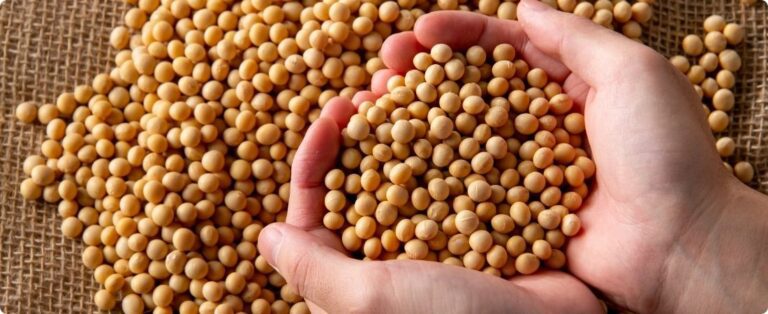
“Brazil can be Saudi Arabia in the production of SAF, Sustainable Aviation Fuel”. This is how Milton Steagall, CEO of Grupo BBF (Brazil BioFuels), defines the Brazilian opportunity to become a leader in the production of second generation biofuels such as SAF and Green Diesel. The executive participated this Wednesday (8) in an event in the capital of São Paulo and defended the sustainable cultivation of oil palm as the main raw material to decarbonize the aviation sector. The event's theme was “The new Green Revolution: from food to energy, Brazil's potential to be a superpower”.
Saudi Arabia is one of the main oil producing countries in the world. The United States, Russia and the Middle Eastern country account for more than 40% of global production of the raw material, according to the Brazilian Institute of Petroleum and Gas.
Sustainable potential and regulatory challenges in Brazil
According to Steagall, currently, Brazilian palm oil production is still timid, placing the country in tenth position in the ranking of largest producers. The countries that hold 95% of the world's production of this oil, the most consumed in the world, are Indonesia, Malaysia and Thailand, concentrating around 80 million tons per year. This volume is concentrated in around 22 million hectares cultivated with the crop, which devastated tropical forests in Asia.
Brazil, however, has the potential to cultivate palm, in a fully sustainable way, on 31 million hectares of degraded areas in the Amazon region, according to robust work carried out by the Brazilian Agricultural Research Corporation (Embrapa). The Federal Government established Brazilian legislation for palm cultivation through Decree 7,172, in 2010. This legislation is considered the strictest in the world in this sector, as it authorizes palm cultivation only in deforested areas in the Amazon region until December 2007.
The sustainable potential of palm oil in the Amazon
Despite allowing cultivation without deforestation, Brazil allocates only 300 thousand hectares to palm oil. Of these, 75 thousand hectares are owned by the BBF Group. With the 31 million hectares available, we have the opportunity to produce 1.1 billion barrels of palm oil annually, destined for the development of biofuels to serve the airline sector.” The executive states that this surpasses Petrobras' extraction in the Brazilian pre-salt, thus characterizing a true 'green pre-salt' in our country.
From 2026, the BBF Group will begin supplying SAF (Sustainable Aviation Fuel) and Green Diesel to Vibra Energia (formerly BR Distribuidora) – under an offtaker contract. The raw material for advanced biofuels will be palm oil cultivated by the BBF Group in the Amazon region. The country's first biorefinery will carry out refinement to produce innovative biofuels on an industrial scale. A new plant will be built with an investment of more than R$ 2.2 billion. The annual production capacity will be around 500 million liters of SAF and Green Diesel.
Palm cultivation is not limited to oil production. Tons of leaves are used to organically restore the palm trees, constituting a sustainable practice in addition to the fruit. But according to Steagall, it is possible to use these leaves as biomass to generate renewable energy.
Landmark
The Agroecological Zoning of Oil Palm is the name given to the federal legislation that regulates the cultivation of this crop. This decree, from May 2010, represents an achievement and a significant land milestone for this culture. Now, we need stimulus and capital to develop and recover these areas, requiring financing lines in this regard. Many companies like Grupo BBF may emerge, which is very positive”, he says.
Sources of financing are essential for palm cultivation. The plant takes at least four years to enter the harvest phase. Furthermore, it is necessary to build plants to extract the oil. Milton highlights culture as an additional virtue. Manual cultivation is crucial, generating thousands of jobs. This practice benefits remote regions with limited income opportunities.
Source: datagro














